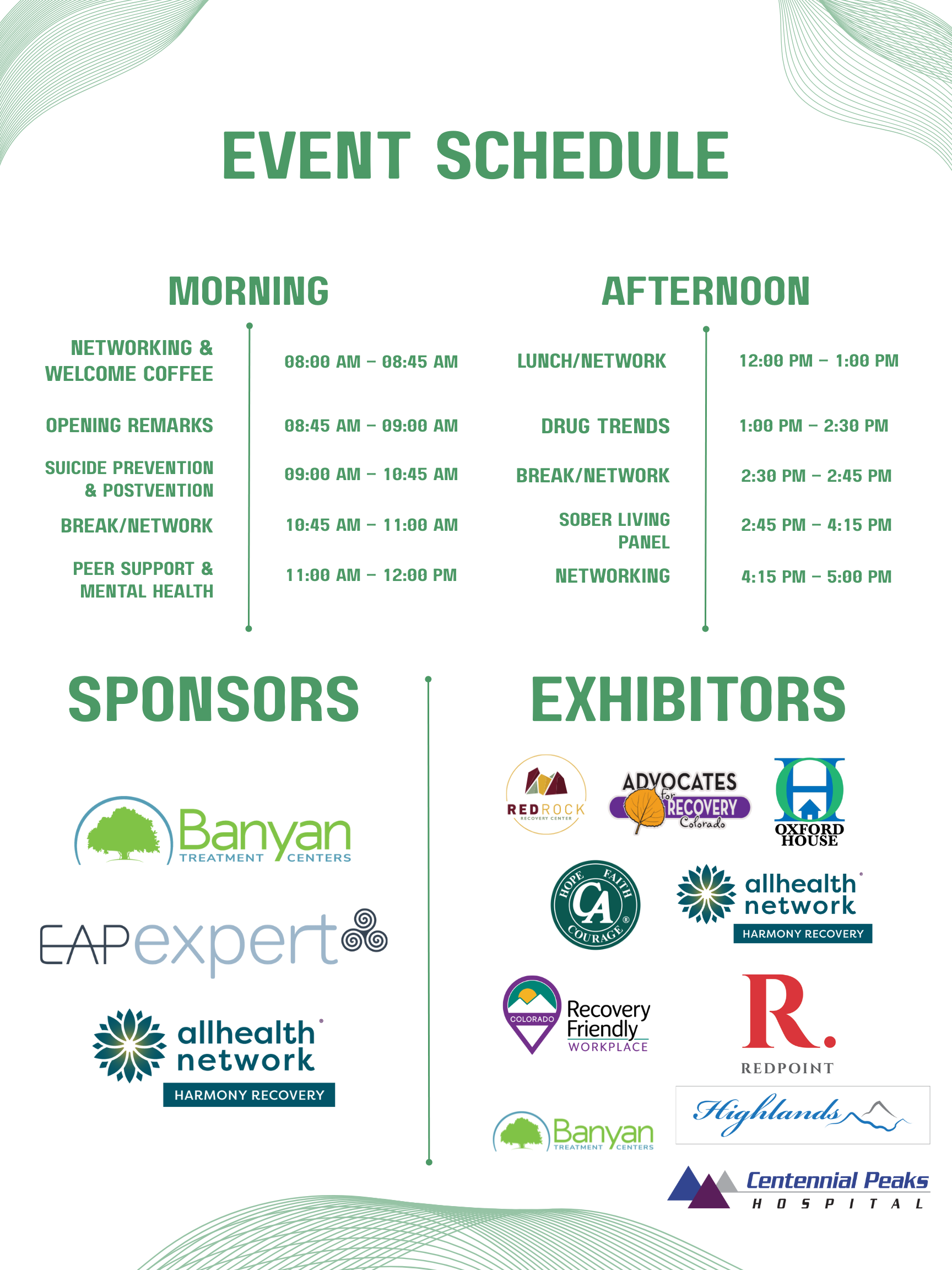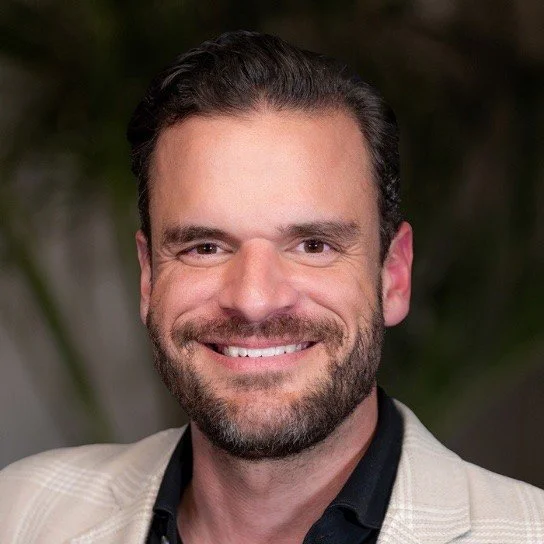Content: The Importance of Integration in Ketamine Treatment
This presentation explores the critical role of integration in maximizing the therapeutic potential of ketamine treatment for individuals with treatment-resistant depression. Ketamine is a dissociative anesthetic that can rapidly reduce depressive symptoms and suicidal ideation through NMDA and opioid receptor activity while promoting neuroplasticity. Yet, without intentional therapeutic integration, these benefits are often short-lived.
The session will begin with an overview of ketamine’s neurobiological mechanisms, including its effects on the Default Mode Network (DMN) and the induction of a neuroplastic “window of opportunity.” Research demonstrates that within 24–48 hours after dosing, patients experience heightened cognitive flexibility, emotional openness, and synaptic growth, offering a critical period for therapeutic intervention.
Participants will then examine the three phases of ketamine treatment—preparation, dosing, and integration—with a special emphasis on integration as the most essential component for achieving sustained outcomes. Evidence-based strategies will be presented for leveraging the neuroplastic window to foster adaptive change, reinforce coping skills, and reduce the risk of relapse.
Ethical considerations unique to altered states therapy will also be addressed, including patient vulnerability, management of transference and countertransference, and the importance of practicing within professional scope. Case studies and clinical frameworks, such as psychodynamic, non-directive, and person-centered approaches, will be used to illustrate best practices.
By the conclusion of this presentation, participants will understand why integration is essential for translating ketamine’s short-term biological effects into meaningful, lasting psychological healing. They will leave with both theoretical insights and practical tools to strengthen their clinical practice and support long-term patient success
Learning Objectives:
1. Describe the neurobiological mechanisms by which ketamine alleviates depressive symptoms and promotes neuroplasticity
2. Explain the ketamine “window of opportunity” and identify effective integration strategies during this critical period
3. Apply evidence-based approaches to support lasting therapeutic outcomes through structured integration in ketamine treatment
2 PDH’s - Domain TBD
Presenters:
Michael Simms, LCSW, LAC, CSAT, CIFST, NIMT
Michael Simms is the Chief of Operations at All Points North. For the past decade, Michael Simms has dedicated his entire career to mental health and addiction recovery, working across all levels of care to help clients find sustainable progress, healing, and recovery. He specializes in trauma, addiction, and Internal Family Systems therapy and has extensive experience in clinical leadership and psychedelic-assisted therapy.
Michael earned his Master of Social Work from Metropolitan State University of Denver and holds multiple credentials, including Licensed Clinical Social Worker, Licensed Addictions Counselor, Certified Sex Addiction Therapist, Certified Internal Family Systems Therapist, and AcuDetox Specialist. He is also a Natural Medicine Facilitator in Training (NMIT).
Throughout his career, Michael has worked in diverse roles within behavioral health, beginning as an overnight technician and advancing through positions such as case manager, therapist, clinical director, executive director, and chief clinical officer roles. Most recently, Michael served as Director of Outpatient Services for the Meadows Behavioral Healthcare – Denver. In this role, he led daily operations and oversaw client care and experience. Michael is passionate about individual therapy, working closely with clients to develop customized approaches to healing as he pulls from his robust toolkit of clinical modalities and techniques. Michael began at APN as the Executive Director of the Front Range and now serves as Chief Operating Officer.
Outside work, Michael enjoys exploring the beautiful Colorado landscape, climbing fourteeners, hiking, spending time with his three dogs, reading, and participating in game nights with friends.
Joshua Rodgers, MD, Behavioral Neurologist/Neuropsychiatrist
Dr. Joshua J. Rodgers is the Chief Medical Officer at All Points North and a highly regarded specialist in behavioral neurology and neuropsychiatry. With a distinguished career spanning clinical practice, medical leadership, and academic contributions, Dr. Rodgers brings extensive expertise in psychiatry, neuropsychiatry, and integrative mental health care to APN.
As a board-certified psychiatrist and neuropsychiatrist, Dr. Rodgers is passionate about advancing innovative and patient-centered approaches to mental health and recovery. His work at APN focuses on optimizing clinical care, leading medical oversight, and enhancing integrative neuropsychiatric services for individuals facing complex mental health and neurological challenges.
Dr. Rodgers completed his undergraduate studies in Integrative Physiology at the University of Colorado – Boulder, graduating Summa Cum Laude and With Distinction. He went on to earn his Doctor of Medicine (MD) from the University of Colorado School of Medicine. He completed his Psychiatry Residency at the University of Illinois at Chicago Medical Center, where he was recognized for his outstanding research and teaching contributions. He then pursued a prestigious Behavioral Neurology & Neuropsychiatry Fellowship at Baylor College of Medicine, further refining his expertise in complex neuropsychiatric conditions.
Board-certified in both Psychiatry and Behavioral Neurology & Neuropsychiatry, Dr. Rodgers has held leadership roles at The Menninger Clinic and Community Reach Center. His commitment to advancing the fields of neuropsychiatry and behavioral health continues to shape innovative treatment approaches, helping clients achieve sustainable recovery and enhanced well-being.
Beyond his clinical and administrative roles, Dr. Rodgers is a dedicated educator and researcher. He has trained medical students, residents, and fellows at prestigious institutions, including Baylor College of Medicine and the University of Colorado. His contributions to neuropsychiatric research and academic publications have earned him numerous awards, reflecting his commitment to clinical excellence and innovation in the field.
CONTACT:
Michael Simms, LCSW, LAC, CSAT, CIFST, NIMT
Chief of Operations All Points North Lodge & APN Denver Detox & IOP
Address: 11951 E Iliff Ave
Aurora, CO 80014
Email Address: msimms@apn.com
Phone: 720-656-5571
Website: www.apn.com
Joshua Rodgers, MD, Behavioral Neurologist/Neuropsychiatrist
Chief Medical Officer at All Points North Lodge
2205 Cordillera Way
Edwards CO 81632
Phone: 855-232-8217
Email Address: jrodgers@apn.com
Website: www.apn.com




































